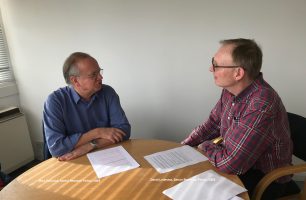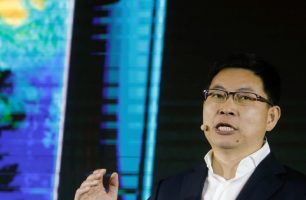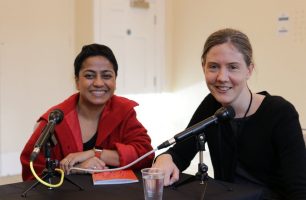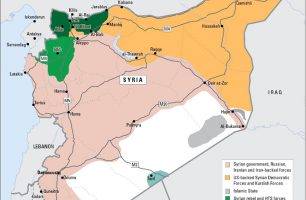
Opportunities for Gas in Sub-Saharan Africa
In this podcast David Ledesma interviews Mike Fulwood, Senior Research Fellow at the OIES, to discuss his recent paper “Opportunities for Gas in Sub-Saharan Africa”.
The discussion centres on those countries where gas might displace oil in the generation mix and the prospects for gas to contribute to the electrification of the region alongside renewables.
The development of new domestic gas reserves in East Africa especially is likely to contribute to growth but there are also a number of countries looking to import LNG as a more economic and greener option than oil.




